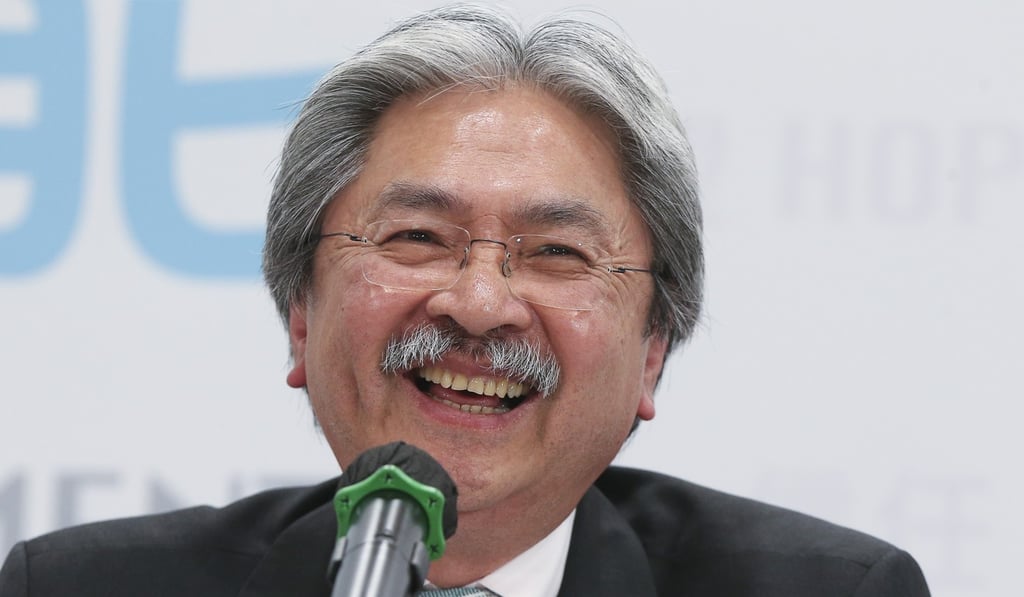Advertisement
Opinion | It’s not just Carrie Lam: Hong Kong as a whole seems to have forgotten the importance of English
Philip Yeung says the chief executive snapping at a reporter after an English-language question was more than a faux pas – it shows that the prioritisation of English in this bilingual city has been steadily diminishing
Reading Time:4 minutes
Why you can trust SCMP
0

Usually circumspect in speech, Hong Kong Chief Executive Carrie Lam Cheng Yuet-ngor uncharacteristically put her foot in her mouth in a recent media session. Visibly annoyed, she refused to field a question from an English media reporter, calling it “a waste of time”, and claiming it had already been covered in Cantonese. Facing a firestorm of criticism from the English-speaking community, Lam, to her credit, apologised.
Was it a Freudian slip that reveals a deep-seated official attitude, or a momentary lapse? John Tsang Chun-wah, the former financial secretary, also famously brushed aside a question in English in 2008 but did it with a smile. That was bad enough. Lam, our top leader, did it with a snarl. Senior officials now prefer to speak from the safety of their personal blogs, usually in Chinese, avoiding the messiness of a media Q&A. This is localism’s new official face.
When it suits them, our leaders like to traffic in our bilingual character. But they forget that being bilingual is not something you brag about; it is something you practise. Bilingualism is an untidy package that comes with its own inconveniences.
If Lam thinks speaking in two languages is an annoyance, she should put herself in the shoes of federal Canadian leaders for whom bilingual communication is mandatory, with their messages repeated word for word in both English and French.
In Canada, Lam’s refusal to speak bilingually would be political suicide. But not all bilingualism is created equal. In our house of linguistic union, English is increasingly being treated as a concubine whose status is less than secure.

Advertisement
